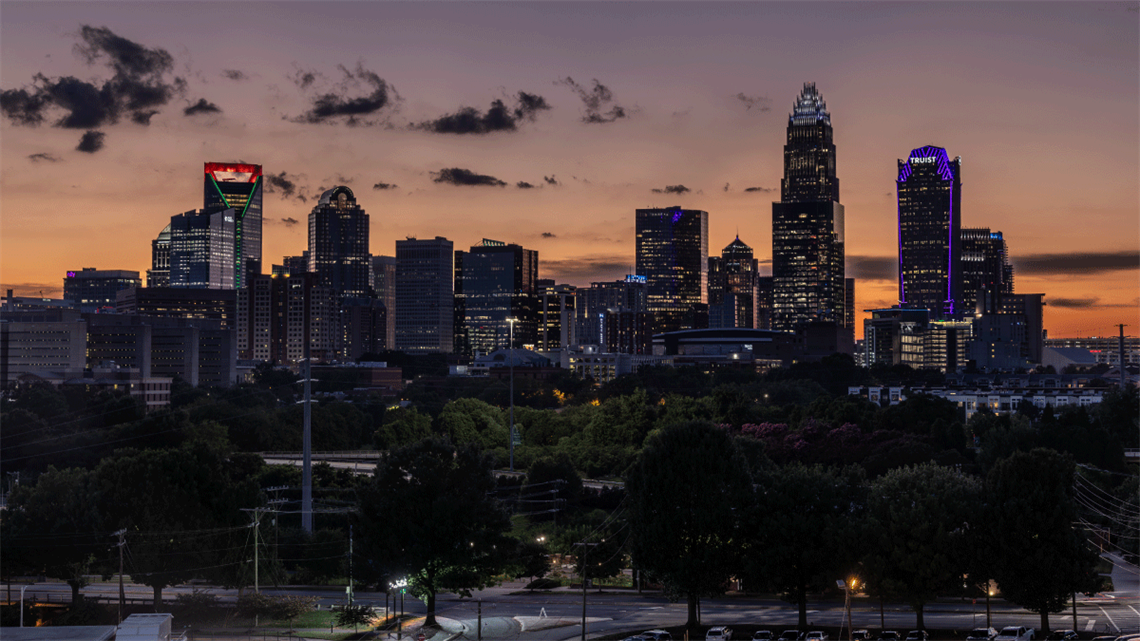Council Approves Ordinance Amendments to Address Illicit Behavior
Published on February 13, 2024

Charlotte City Council voted 7-3 on Monday to recriminalize six ordinances to address concerns in uptown related to public alcohol consumption, urination, standing in median strips, and other behaviors. Amendments to the ordinances go into effect March 1, 2024.
Background
In 2021, the General Assembly enacted a state law revising how cities in North Carolina enforce ordinances. Among other changes, the state law:
- Eliminated criminal enforcement as a default option.
- Prohibited criminal enforcement in certain areas of regulation.
- Required introduction of proposed amendments (to recriminalize ordinances) at one meeting and council adoption of specific criminal enforcement language at a separate meeting.
- Created two new defenses against criminal prosecution of ordinance violations.
The law, effective beginning Dec. 1, 2021, applies to offenses and violations committed on or after that date. City Council would later adopt amendments to restore criminal enforcement as an option for violations of certain city ordinances.
As a result of the ordinance changes, Charlotte-Mecklenburg Police Department (CMPD) officers were limited to the use of verbal warnings and civil citations when responding to illicit behavior. CMPD officers reported that those tactics, while helpful, usually did not prevent illicit behavior from reoccurring.
On Aug. 24, 2023, Mayor Vi Lyles issued a policy referral to the Housing, Safety, and Community Committee, calling for a review of the Charlotte City Code to evaluate whether the criminal enforcement option should be restored for additional ordinances.
As a result, CMPD recommended eight ordinances for the City Council to recriminalize:
- Beer and wine consumption; possession of an open container; disposal of open containers.
- Unauthorized persons on parking lots.
- Trespassing on motor vehicles.
- Loitering for the purpose of engaging in drug-related activity.
- Masturbation in public.
- Urination and defecation on certain property prohibited.
- Behavior (in public parks).
- Soliciting from street or median strip.
The committee voted on Feb. 5 to send the recommended amendments to full council for adoption.
Council on Feb. 12 approved amendments to recriminalize the ordinances listed above, with the exception of unauthorized persons on parking lots, and loitering for the purpose of engaging in drug-related activity.
Non-Enforcement Strategies
In addition to the amended ordinances, the city has non-enforcement strategies to improve the quality of life of unhoused residents in uptown:
- Collaborate with Hearts for the Invisible to create a new street outreach team devoted primarily to Uptown.
- Establish rental subsidies and supportive services for 10 clients referred from the uptown unhoused population.
- Increased public restroom access in uptown. On Feb. 12, the city, in partnership with Mecklenburg County, installed two portable restrooms near North College and 11th Streets. The city plans to install more portable restrooms in uptown within the month and is considering the installation of semi-permanent restrooms.
The city is also evaluating Fiscal Year 2025 investments to support a range of homelessness prevention measures.